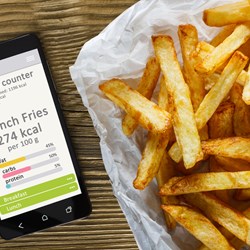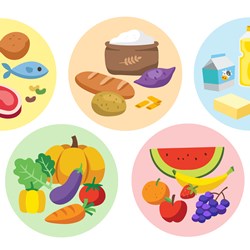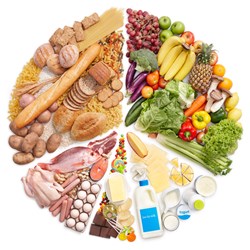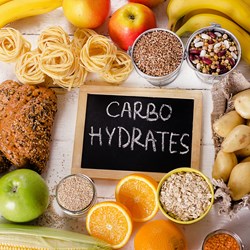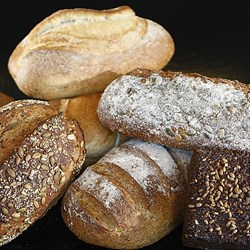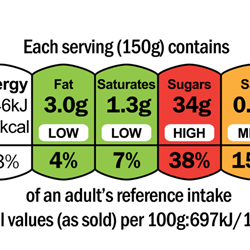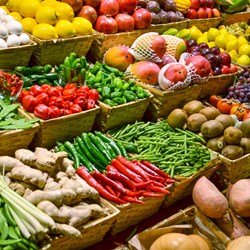Diet / Food
Diet
Dietary advice is different depending on whether you have type 1 or type 2 diabetes. If you use insulin, then you may want to include some carbohydrates with meals to stop your blood glucose levels from going too low (or reduce your insulin dose to compensate for fewer carbs). You may benefit from counting carbs, so that you can better work out what your mealtime insulin doses should be, resulting in better glucose control. We have a free carb counting course that you might find useful.
There’s no set diet to follow if you have type 2 diabetes, it depends on what works for you and whether you are trying to lose weight. The general advice is to make healthier food choices more often, limit your intake and portion size of unhealthy foods, and try to avoid high refined sugar options. Read our section about a balanced diet
Fasting
Fasting for Ramadan when you have diabetes can be difficult to manage and it can put you at risk of hypoglycaemia (if you use insulin or gliclazide-like drugs) and dehydration.
If you choose to fast, then you should consult your diabetes care team before Ramadan to make sure you can do this in the safest way possible.
Advanced Search
Resource type -
Language -
Type of diabetes -
When you live with type 1 diabetes, carb counting is a great way of managing your blood sugar or glucose levels. It does take some time and effort to learn, but the control that comes with it can make life much easier.
Eating a balanced diet is important for our health. Enjoy food from each of the five food groups and you’ll be getting the range of the nutrients and vitamins our body needs.
This video explains what a very low-calorie diet is and how it can help with weight loss.
Dr Debbie Wake discusses the specific nutrtional components of food and the impact that each has on diabetes.
This page discusses what a carbohydrate is, what different kinds there are, and the effect they can have on your diabetes.
Learn about the benefits, nutritional value, and common types of dairy foods. This comprehensive guide covers portion sizes, healthier swaps and how dairy fits into a balanced diet.
This page contains useful tips on how to maintain a healthy balanced diet.
Discover the essential facts about fats and oils — their types, health benefits, cooking uses, and how they impact your diet.
Learn how fibre and wholegrains support digestion, heart health, and weight management. Explore the best sources and tips to boost your daily intake.
This page discusses food labels found on packaging, and how you can use these labels to make healthy food choices.
Discover the health benefits of eating a variety of fruit and vegetables. Learn about portion sizes, seasonal produce, and tips for adding more to your daily diet.
Learn how to include protein-rich foods like meat, fish, poultry, and pulses in a healthy, balanced diet. Explore benefits, tips, and nutrition advice.
